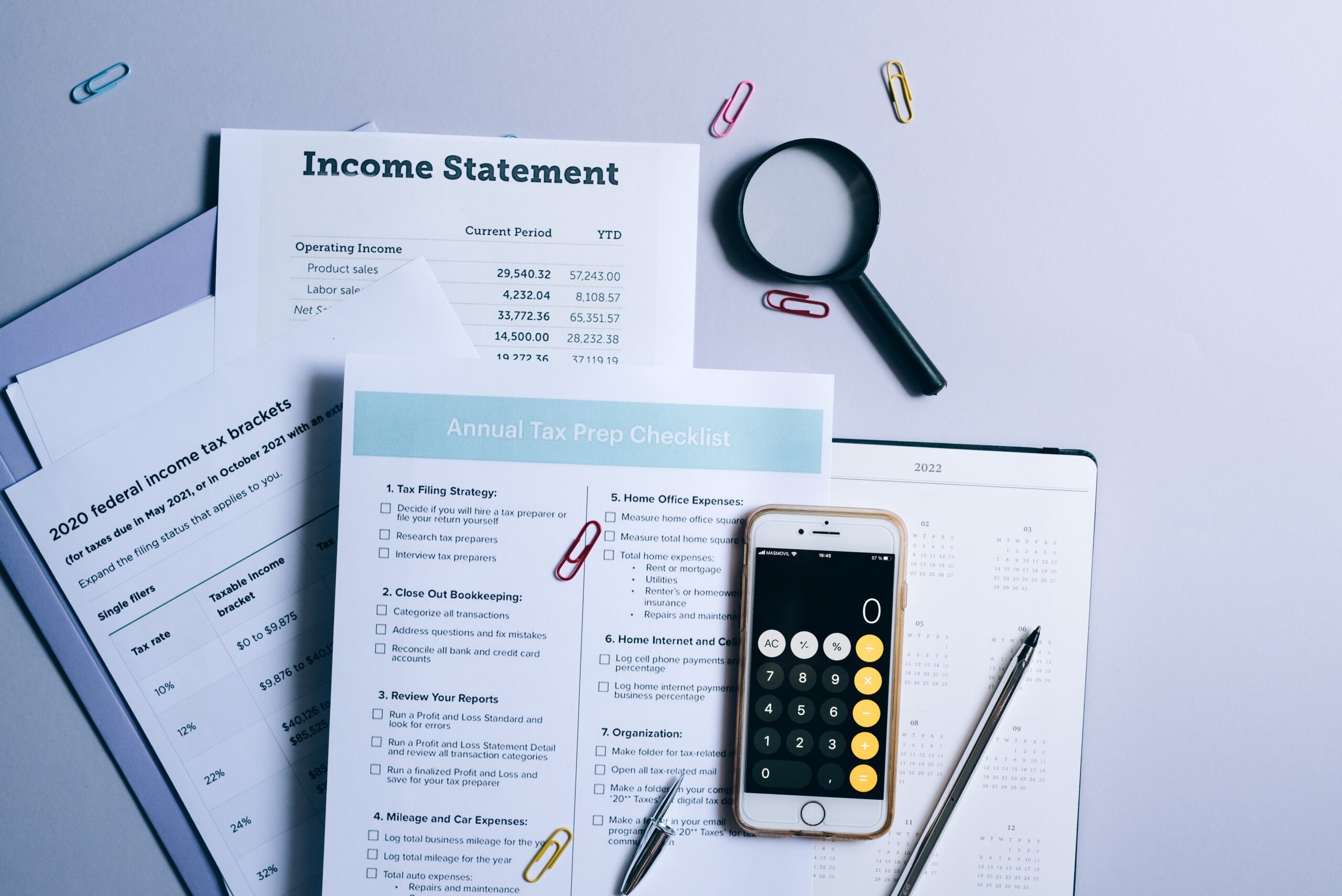Budgeting is a crucial aspect of personal finance. It helps you manage your money, track your expenses, and achieve your financial goals. However, creating a budget can be daunting, especially if you’re new to it. In this beginner’s guide to budgeting, we’ll cover the basics of creating a budget, tracking your expenses, and sticking to your budget.
Creating a Monthly Budget
The first step to create a budget is to determine your income and expenses. Start by creating a spreadsheet of all your sources of income, including your salary, freelance work, and any other income streams. Next, list all your expenses, including rent or mortgage payments, utilities, groceries, entertainment, and other expenses.
Once you have a list of your income and expenses, it’s time to create a budget. Start by allocating your income to cover your essential expenses, such as rent or mortgage payments, utilities, and groceries. Then, allocate a portion of your income to savings and debt payments. Finally, allocate a portion of your income to discretionary spending, such as entertainment and hobbies.
Tracking Your Expenses
Tracking your expenses is a critical part of budgeting. It helps you identify areas where you’re overspending and adjust your budget accordingly. There are several ways to track your expenses, including using a spreadsheet, a budgeting app, or pen and paper.
To track your expenses, start by keeping receipts and recording your purchases. Then, categorize your expenses into different categories, such as groceries, entertainment, and utilities. Finally, compare your actual expenses to your budgeted expenses and adjust your budget accordingly.
Sticking to Your Budget
Sticking to your budget can be challenging, especially if you’re used to overspending. However, there are several tips that can help you stick to your budget. First, prioritize your essential expenses, such as rent or mortgage payments and utilities. Second, use cash or a debit card for discretionary spending to help you stay within your budget. Third, create a plan for unexpected expenses, such as car repairs or medical bills.
In conclusion, creating and sticking to a budget takes time and effort, but it’s a crucial part of achieving your financial goals. By following these tips for creating a budget, tracking your expenses, and sticking to your budget, you’ll be on your way to achieving financial success.


6 thoughts on “Learn to Create a Budget and Stick to It: A Beginner’s Guide to Budgeting”